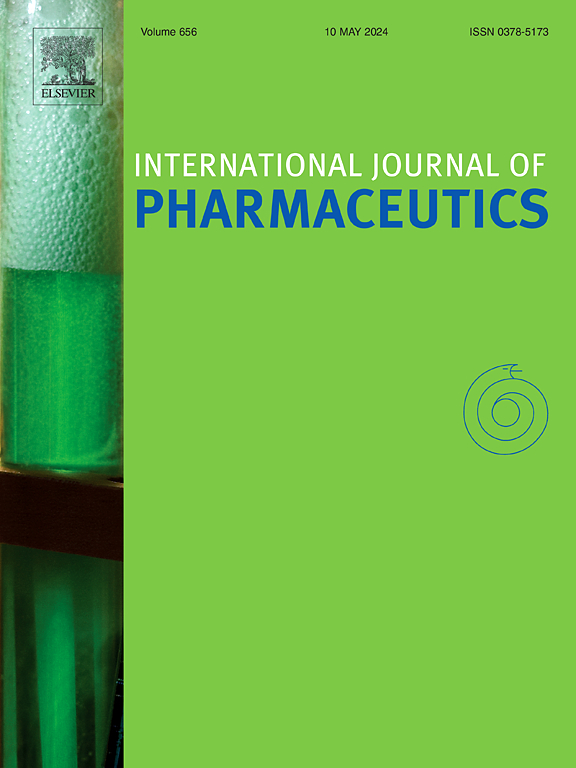Bromocriptine mesylate-loaded nanoparticles co-modified with low molecular weight protamine and lactoferrin for enhanced nose-to-brain delivery in Parkinson's?…
Abstract
Parkinson's disease confronts challenges in drug delivery due to the blood-brain barrier. Intranasal delivery bypasses the blood-brain barrier for improved drug bioavailability, yet narrow nasal space and brief retention time hinder clinical applicability. We conducted a Bromocriptine Mesylate-loaded PLGA nanoparticles co-modified with low molecular weight protamine (LMWP) and lactoferrin (Lf) (LMWP/Lf-BCM-NPs) for nose-to-brain delivery. The resulting LMWP/Lf-BCM-NPs were uniform spheres with an average size of 248.53?±?16.25?nm and zeta potential of -2.63?±?0.74?mV. Fourier transform infrared spectroscopy confirmed LMWP and Lf attachment. The co-modified nanoparticles showed improving cellular transport and good viability. The LMWP/Lf-BCM-NPs showed increased brain targeting efficiency in mice. In haloperidol-induced Parkinson mouse models, the LMWP/Lf-BCM-NPs showed increased brain targeting efficiency, enhanced behavioral regulatory effects, enhanced antioxidant effects and neuroprotection effects. This study paves the way for a novel, non-invasive brain-targeted therapy, offering a promising avenue for Parkinson's disease clinical treatment.





